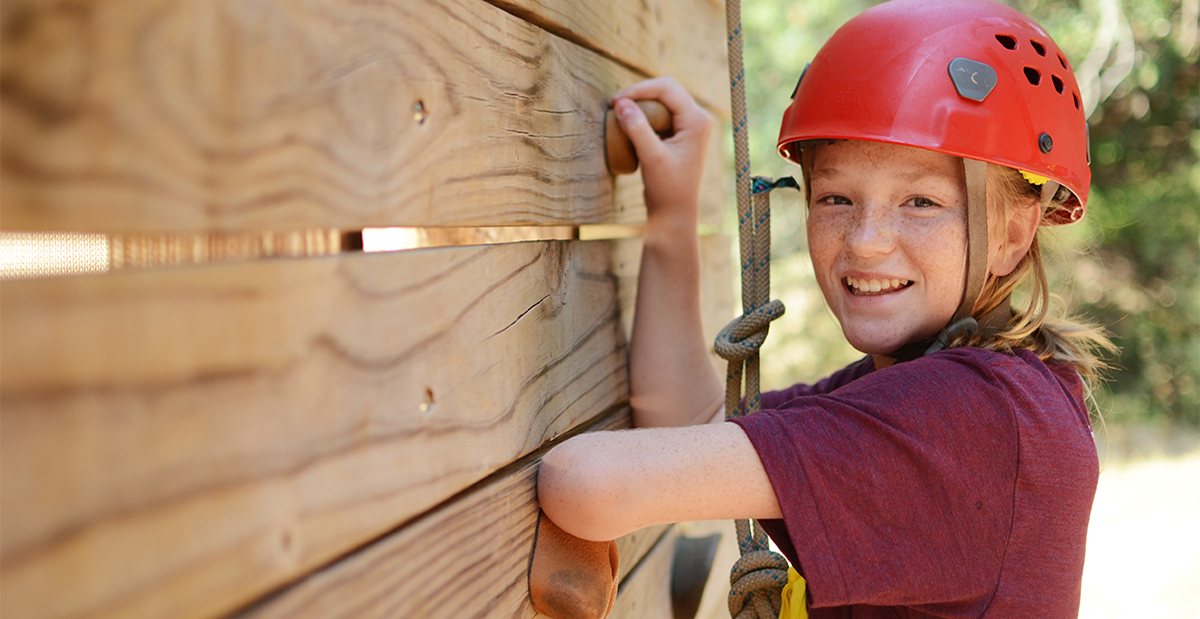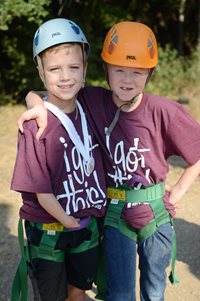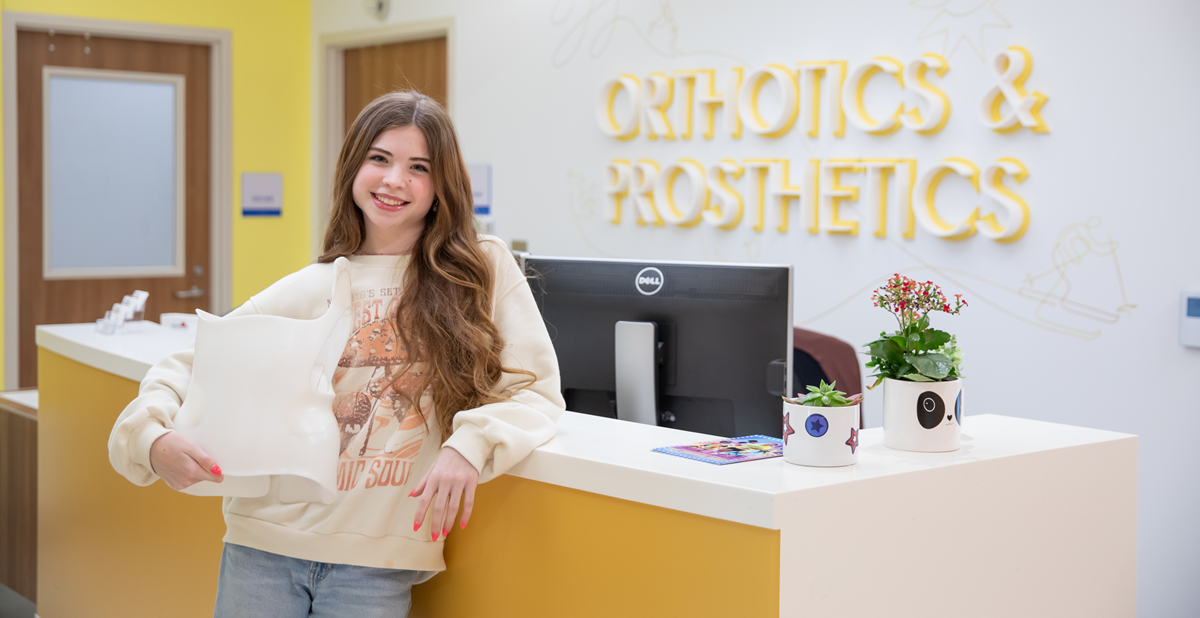
Jul 09, 2021 / Research & Innovation
Therapeutic Camps Improve the Self-Esteem and Confidence of Kids with Hand Differences
Scottish Rite for Children is world-renowned for its patient-centered care for children with orthopedic conditions. Our Center for Excellence in Hand is committed to caring for children with hand and upper limb conditions. The center is focused on providing innovative treatment to help patients live active and independent lives. Occupational Therapist and Certified Hand Therapist Amy Lake, has recently published The impact of therapeutic camp on children with congenital hand differences in the Cogent Psychology.
The goal of this study was to evaluate the efficacy of hand camp by investigating camp participation and outcomes o n self-esteem, physical function, activity participation, and peer relationships. Forty patients with a congenital hand difference seen in hand clinic between the ages of 10 and 13 were eligible to attend hand camp. Following hand camp, Peer relationships, upper extremity function, and self-esteem improved immediately. Upper extremity function and self-esteem scores continued to improve significantly throughout the 6-month follow-up period. The authors of the study believe that research related to therapeutic camping experiences is integral when identifying best-practice interventions to increase the quality-of-life outcomes for children with congenital hand differences.
n self-esteem, physical function, activity participation, and peer relationships. Forty patients with a congenital hand difference seen in hand clinic between the ages of 10 and 13 were eligible to attend hand camp. Following hand camp, Peer relationships, upper extremity function, and self-esteem improved immediately. Upper extremity function and self-esteem scores continued to improve significantly throughout the 6-month follow-up period. The authors of the study believe that research related to therapeutic camping experiences is integral when identifying best-practice interventions to increase the quality-of-life outcomes for children with congenital hand differences.
To date, no research has been conducted on the effects of camp participation in the pediatric congenital hand difference (anomaly) population. Another goal of this study was to evaluate the efficacy of a therapeutic hand camp for children with a congenital hand difference. Attendees of the 2015 Tween Camp (ages 10–13 years) completed self-report assessments of self-esteem, function, participation in activities, and relationships with peers. Attendees also completed an assessment to determine if they believed camp objectives were met. This specific camp was chosen for the initial study due to the camp attendees’ ability to complete assessments independently.
Some of the key takeaways from this study are:
Because of the success of our hand camps, Scottish Rite for Children has helped start-up hand camps around the globe based on our Hand Camp Model including camps in Florida, Missouri, California, Italy, and England. Coming soon to Australia.
Learn more about hand research.
The goal of this study was to evaluate the efficacy of hand camp by investigating camp participation and outcomes o
To date, no research has been conducted on the effects of camp participation in the pediatric congenital hand difference (anomaly) population. Another goal of this study was to evaluate the efficacy of a therapeutic hand camp for children with a congenital hand difference. Attendees of the 2015 Tween Camp (ages 10–13 years) completed self-report assessments of self-esteem, function, participation in activities, and relationships with peers. Attendees also completed an assessment to determine if they believed camp objectives were met. This specific camp was chosen for the initial study due to the camp attendees’ ability to complete assessments independently.
Some of the key takeaways from this study are:
- Participants reported that their upper extremity function had significantly improved from pre-camp to immediate follow-up
- Participants expressed a significant improvement in their self-esteem from pre-camp to immediate follow-up
- Following camp, participants indicated improved skills in peer interaction, daily physical activities, willingness to try new things and confidence in explaining their hand difference.
Because of the success of our hand camps, Scottish Rite for Children has helped start-up hand camps around the globe based on our Hand Camp Model including camps in Florida, Missouri, California, Italy, and England. Coming soon to Australia.
Learn more about hand research.



